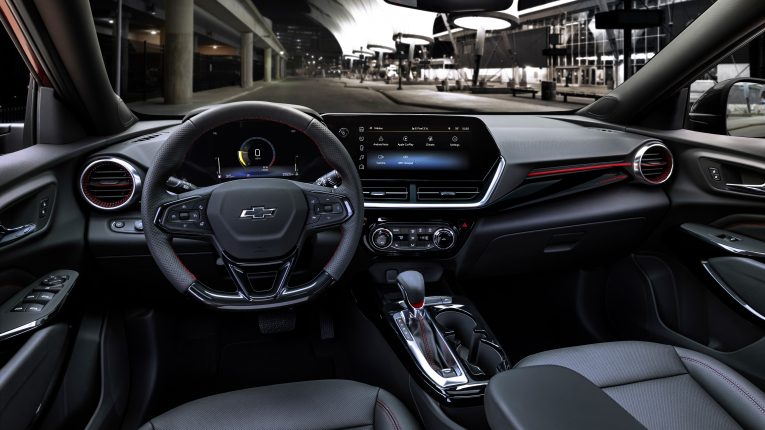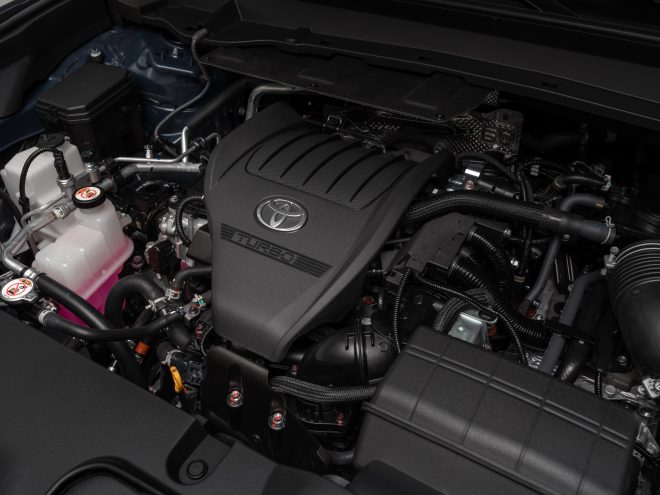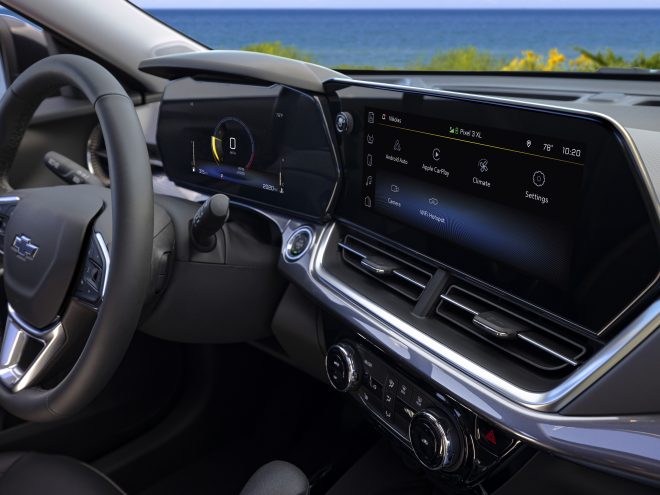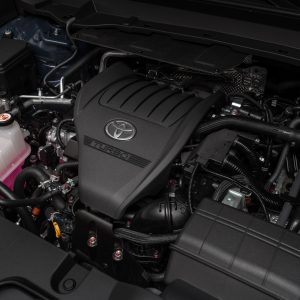
7 Maintenance Tips for Optimal Car Performance
How many of us, car owners, genuinely look forward to ensuring our vehicle is well-maintained? Not many, we presume.
It might feel like a chore, but regular car maintenance is important to preserving the longevity and performance of your vehicle.
And that’s what we will discuss in this post. We will navigate through essential maintenance tips that will keep your vehicle running smoothly.
So, get ready to empower yourself with some handy auto-care knowledge!
1. Regular Oil Changes
Let’s dive into the essence of car maintenance – regular oil changes. They are pivotal for the optimum functionality of your car’s engine.
The oil lubricates the moving parts, reducing friction and preventing overheating. Lack of fresh oil results in the moving components grinding against each other.
Further, it leads to premature wear and damage. You, the car owner, must replace the oil every 3,000 to 5,000 miles, or as recommended in your vehicle’s manual, ensuring longevity and smooth operation.
It also improves fuel efficiency and elevates your car’s performance.
2. Properly Align the Wheels
When discussing tires, proper alignment provides a smoother, more controlled, and, therefore, safer ride. This further ensures peace of mind while on the road.
In fact, it’s crucial to note that improper alignment is a major cause of premature tire wear. It can lead to uneven and rapid tread wear, reducing the tire’s lifespan and negatively impacting the vehicle’s handling and fuel efficiency.
Ensuring your car’s wheels are aligned regularly prevents additional stress on your vehicle and avoids unnecessary expenses on new tires.
3. Keep Your Car Clean
Maintaining cleanliness is more than just about your car looking good. It’s about preserving your car’s integrity.
Accumulating dirt, salt, and other contaminants can lead to corrosion and rusting, potentially damaging the car’s body and undercarriage.
Regular washing, especially during winter, when roads are salted, is crucial to protect your vehicle’s exterior paint and metal components.
You can use appropriate cleaning products to preserve your car’s finish and prevent the buildup of harmful substances.
Remember, a clean car is not just pleasing to the eyes, but it also maintains the vehicle’s resale value and prolongs its life.
4. Check the Brakes
Brakes are an important safety feature of your car. Regular inspections are vital to ensure they are in optimal condition, as compromised brakes can severely affect the safety of your journey.
Listen for any unusual noises like squealing or grinding, or if you notice the pedal feels soft or spongy, these are indicators that your brake system requires attention.
It’s essential to check the brake pads, discs, and fluid levels, replacing or refilling them as needed. Regular brake maintenance can prevent costly repairs and is crucial to ensure the safety of both the driver and the passengers.
5. Replace Air Filters
Clean air filters are crucial for optimal car performance and fuel efficiency. They ensure that only clean air enters the engine, preventing dust, debris, and other contaminants from causing damage.
Dirty or clogged air filters can lead to decreased performance, reduced fuel economy, and increased emissions.
It’s recommended to check and, if necessary, replace the air filters every 12,000 miles or at least once a year, or more often if you frequently drive in dusty or polluted environments.
This simple maintenance task can lead to better acceleration, improved horsepower, and increased engine life.
6. Regularly Check Fluid Levels
A range of critical fluids, such as engine oil, transmission fluid, braking fluid, coolant, and windshield washer fluid, keep vehicles running properly.
Each plays a significant role in the functioning and longevity of your car. For example, transmission fluid lubricates the transmission components, reducing friction and preventing overheating. At the same time, coolant prevents the engine from overheating.
Regularly checking and maintaining the correct levels of these fluids is crucial. It will help prevent potential mechanical failures and ensure that your car operates efficiently.
Consult your vehicle’s manual for the recommended fluid levels and change intervals, and make it a habit to check these regularly.
7. Maintain Battery Health
Indeed, a well-maintained battery is key to ensuring that your car starts properly and performs as it should. A failing battery can lead to inconvenient breakdowns and could potentially leave you abandoned.
Therefore, regular checks for corrosion on the terminals, as well as verifying that the connections are secure and the battery is securely placed, are essential maintenance jobs.
Wrapping It Up
Maintaining a car might seem like a task, but these simple tips can help you avoid costly repairs and boost the life of your vehicle. So, by paying attention to these aspects, you ensure that your car remains a reliable companion on all your adventures. So remember, next time you hop into your car, it’s not just about the destination but also about keeping your vehicle in top-notch condition along the journey.









